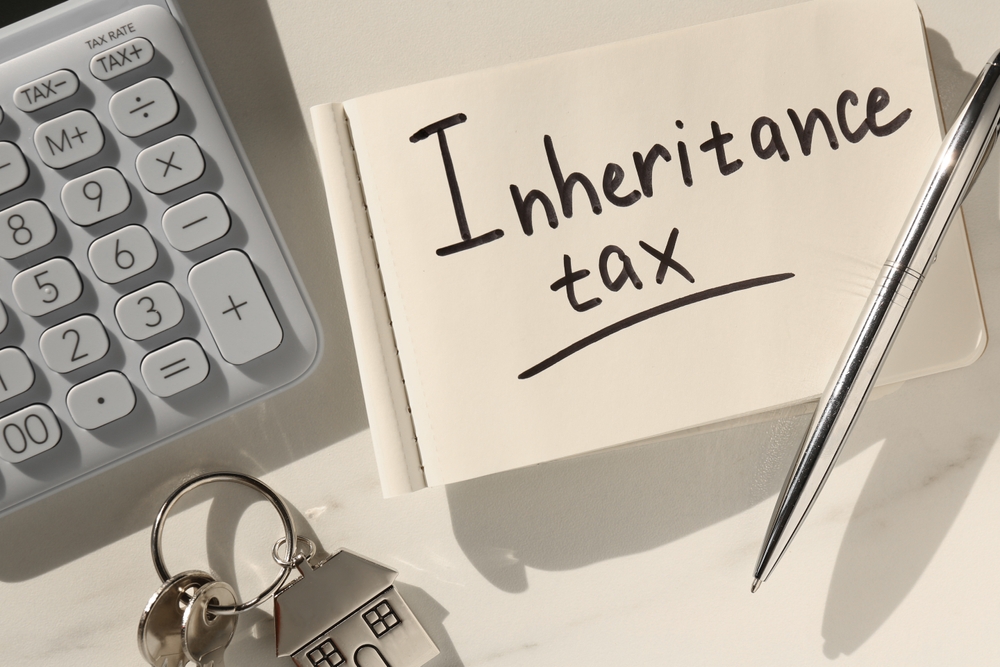One of the easiest ways for a family in business to pay the correct amount of tax, is to keep a motor vehicle log-book. Whether you are attempting to reduce the fringe benefits tax obligations for the cars provided to your employees or even if you are trying to reduce the income tax cost for different members of your family: a properly kept motor vehicle log book is a must.
Do I need a log book?
You only need a log book if you are using a car for work related reasons. If you are driving a small truck (one-tonne ute) or if you are driving a motor cycle the log book obligations do not apply – but you still need a record to show what your business travel was compared to private travel. The ATO has recently released a PCG[1] discussing the record keeping obligations for small trucks as these can still be considered as a private vehicle.
The one-tonne requirement is important. With many “utes” becoming more and more sedan-like we are seeing a deep array of vehicles that have a tray at the back but the tray cannot carry a tonne. The towing capacity of the vehicle is not what is at stake – it is the ability of the tray to carry a tonne.
The ATO has a register of the different makes of vehicles that are licensed to carry a tonne. It is useful to check if you are not sure.
What does a log book need?
There are strict tax requirements on what you must include in your log book to enjoy tax deductions (or FBT reductions). These include:
- The date you started and ended the log book.
- You must include the odometer reading at the start and end of every trip (including private trips).
- The number of kilometres travelled.
- The reason for the journey (this must be more than “work” – a detailed narration “Visit XXX to present job proposal). If the trip is private you must mark it down as a private trip.
- The make, model and license plate of the car.
- The ultimate business use of your car.
- Ongoing business trips for a continuous 12 week period.
How long does it last?
Your log book, once prepared, is valid for 5 years. If your business travel changes you must keep a new log book. A reasonable example of where a persons motor vehicle use changes will be if somebody moved to a new job or if they changed the home address so that the private use changed.
How to record a log book
Many people still use a paper log book provided by Westcourt or purchased from a newsagent. However there are many software applications available to people to help them keep an electronic log book including Mileage Logbook by Driversnote and Milecatcher Log Book.
Further, the ATO has a “MyDeductions” app that allows you to take photo’s of your motor vehicle receipts and load them directly to the ATO.
What can you not claim?
You cannot enjoy a tax deduction for travelling from home to work. This travel is considered private even if you then need to travel on from there (you can claim the extra travel) or even if it is a condition of employment that you report into one location from home before you travel to clients.
Further, you cannot claim a tax deduction if the business portion of the travel was incidental (like handing out a business card at a shopping centre).
If you are travelling to inspect your rental property, or ancillary jobs to manage your rental property, you cannot claim a tax deduction for those items.
Dealing with complex situations
Sometimes employees will not properly keep a log book. Often the desire for a log book is “nagged” by the internal finance team and the log book is done reluctantly.
There is sophisticated asset tracking software to help employers know the location and whereabouts of there vehicle fleet. And often these GPS trackers will prepare pro forma log books documenting the travel history where you can identify the purpose of the trip.
Software programs like TripLog integrate into popular cloud accounting software like Xero and other programs like Fleetminder and Trakngo offer additional features to assist in tracking a fleet of vehicles including direct invoicing for mileage.
A final word
If you are recording a high business use: you must also pass the “smell” test. It is difficult for your log book to be 100% business use. You must have some private use at some stage.
In the event of an ATO review you must be able to tell the truth. Presenting a story that is simply not viable is a very difficult argument to defend.
[1] Practical Completion Guideline 2018/3





